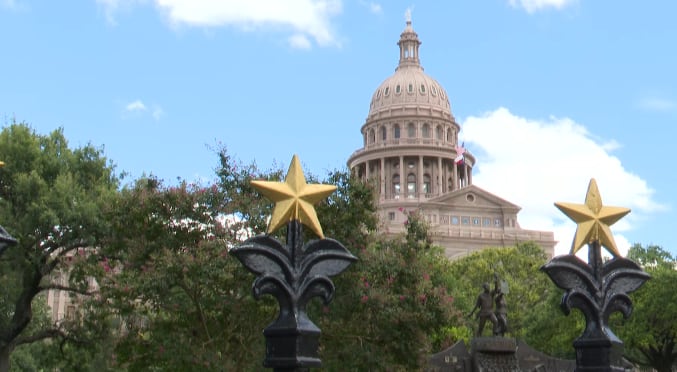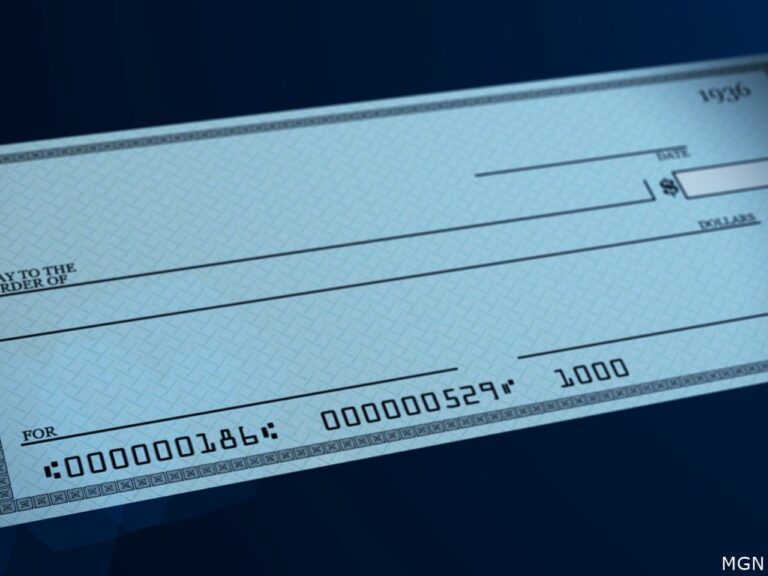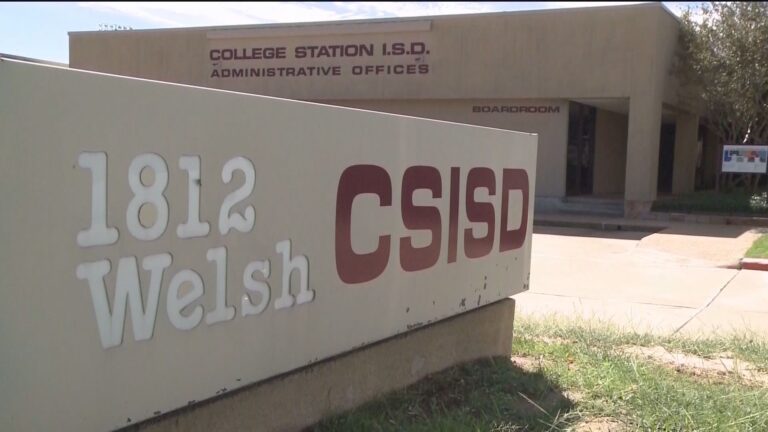Texas House votes to remove school vouchers from massive education bill
The Texas House on Friday voted to strip school vouchers from the chamber’s massive education funding bill, effectively gutting Gov. Greg Abbott’s top priority from the legislation.
The House voted 84-63 in favor of an amendment offered by Rep. John Raney of College Station. Twenty-one Republicans, most of whom represent rural districts, joined all Democrats in support.
The are: Raney, Steve Allison, Ernest Bailes, Keith Bell, DeWayne Burns, Travis Clardy, Drew Darby, Jay Dean, Charlie Geren, Justin Holland, Kyle Kacal, Ken King, John Kuempel, Stan Lambert, Andrew Murr, Four Price, Glenn Rogers, Hugh Shine, Reggie Smith, Ed Thompson and Gary VanDeaver.
[“Our public school system is our town”: Why this rural Republican is voting against school vouchers]
A coalition of Democrats and rural Republicans has historically blocked attempts to create a voucher system in Texas, which would allow parents to use tax dollars to send their children to private schools.
That alliance held Friday afternoon, despite efforts by Abbott and his negotiating team to woo about two dozen Republican holdouts who signaled disapproval of vouchers during the regular legislative session this spring.
The future of is now in doubt; Abbott has said he will veto any education legislation that does not contain vouchers. The governor did not immediately respond to a request for comment.
The bill, authored by Rep. Brad Buckley, R-Killeen, is a $7 billion omnibus bill that would also boost spending for public schools. It would increase the basic allotment — the base amount allocated to districts per student — from $6,160 to $6,700 and would be adjusted for inflation starting in the 2026-27 school year. It also includes a one-time $4,000 bonus for full-time teachers, counselors, nurses and librarians.
But its key provision was school vouchers. The bill would create education savings accounts, a voucher program that would allow about 40,000 students who exit the state’s public education system to either receive $10,500 annually for private school expenses or up to $1,000 for homeschooling. The program would prioritize students from low-income families and those with disabilities, but every child would be eligible for the money as funds allow.
The governor has threatened to continue calling lawmakers back to Austin until they pass a bill. Republican opponents of the measure are facing threats of challenges in the upcoming 2024 primaries.
After four special sessions — two of which were specifically intended to pass vouchers — Abbott has failed to gain any significant support for his education priority in the Texas House, which has for decades been standing in the way of school vouchers. Even after threatening to support primary challengers for those that went against his wishes and potentially calling more special sessions, both a majority of Republicans and Democrats in the House still stand in the way.
The 84-63 vote to strip the vouchers from HB 1 was similar to a budget amendment vote that House members took in April during the regular session, which would have prohibited lawmakers from using funds for a voucher program.
That amendment during the spring, authored by Rep. Abel Herrero, D-Robstown, passed with a 86-52 vote. While the amendment was ultimately a symbolic vote, as it was stripped from the final budget bill, it signaled that Abbott had his work cut out for him.
Among his fellow Republicans, based on that spring budget amendment vote, only four seemingly flipped their stance on potentially passing school vouchers and Abbott only picked up one more Republican supporter for his cause. No Democrats voted in favor both in either the spring or on Friday to support vouchers.
This article originally appeared in The Texas Tribune at https://www.texastribune.org/2023/11/16/texas-house-school-vouchers/.
The Texas Tribune is a member-supported, nonpartisan newsroom informing and engaging Texans on state politics and policy. Learn more at texastribune.org.







